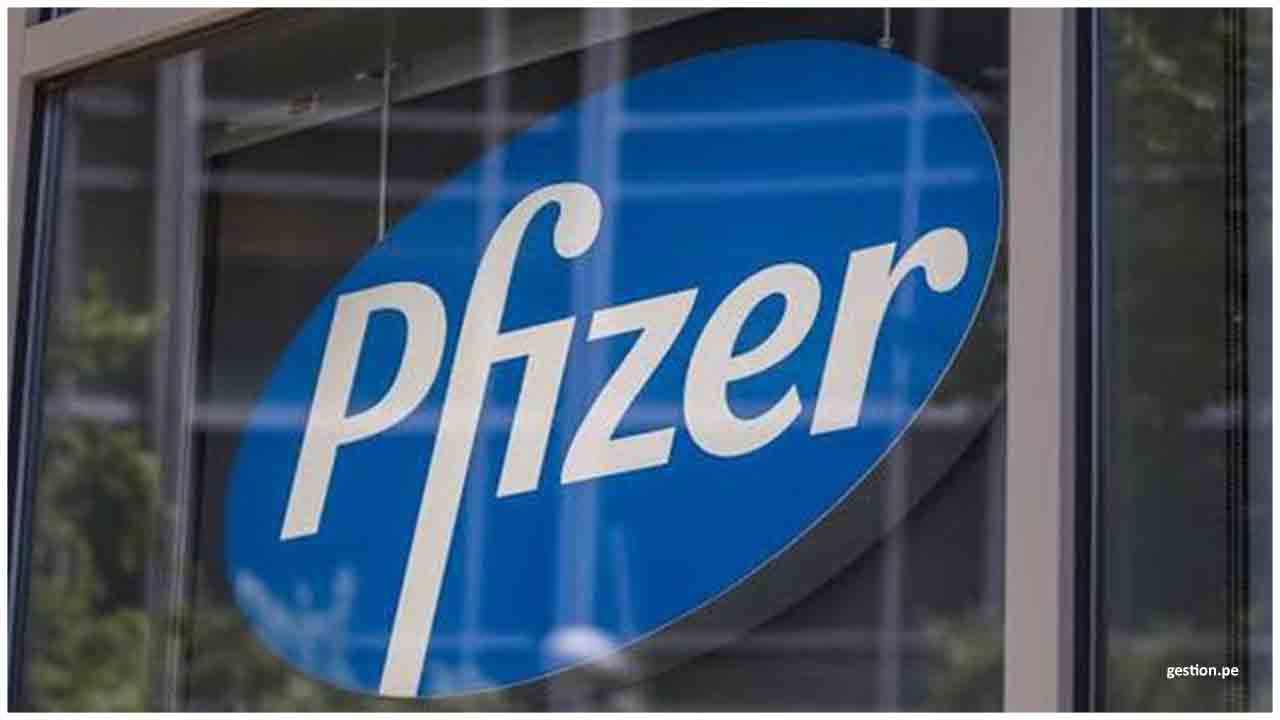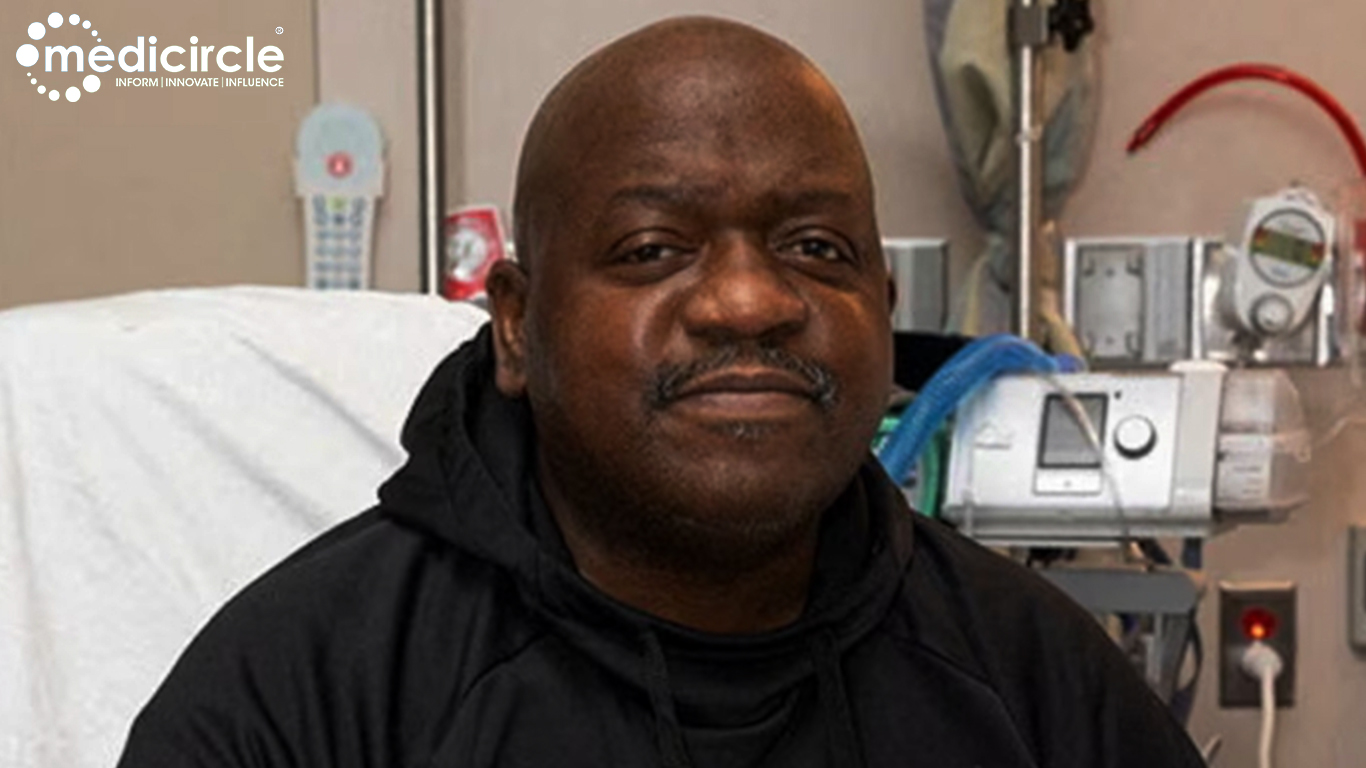Pfizer and BioNTech amazed numerous industry watchers on July 27 when they declared they would direct a huge scope investigation of immunization for Covid-19. The amazement? The immunization that would be tried in a 30,000-tolerant preliminary wasn't the one for which the organizations had introduced information on July 1.
The explanation, the organizations stated, was that a subsequent antibody appeared to produce a comparable invulnerable reaction, yet fewer symptoms. On Thursday, they posted the outcomes from each of the 332 individuals who got either antibody, alluded to as immunizations B1 or B2 — and to be sure, B2 beneficiaries experienced uniquely less antagonistic occasions attached to the immunization.
"The better endured the antibody, the more I figure it will energize open acknowledgment of a wide inoculation," said William Gruber, the senior VP of immunization clinical innovative work at Pfizer. "Both would have been extraordinary competitors. We were lucky that B2 fulfilled having both a great insusceptible profile and fewer responses."
The examination tried portions of every antibody extending from 10 micrograms to 100 micrograms. The 30-microgram portion of B2 is being taken forward in clinical preliminaries.
With the first immunization, called BNT162b1, or B1 for short, patients between the ages of 18 and 55 had antagonistic occasions thought to be identified with the antibody half of the time at the 30-microgram portion. Those between the ages of 65 and 85 had related unfavorable occasions 16.7% of the time.
For the subsequent antibody, BNT162b2, or B2, patients somewhere in the range of 18 and 55 had unfriendly occasions thought to be identified with the immunization 16.7% of the time, and no unfavorable impacts thought to be identified with the immunization were accounted for in those between the ages of 65 and 85.

 Pfizer and BioNTech surprised many industry watchers on July 27 when they announced they would conduct a large-scale study of a vaccine for Covid-19
Pfizer and BioNTech surprised many industry watchers on July 27 when they announced they would conduct a large-scale study of a vaccine for Covid-19

























.jpeg)






